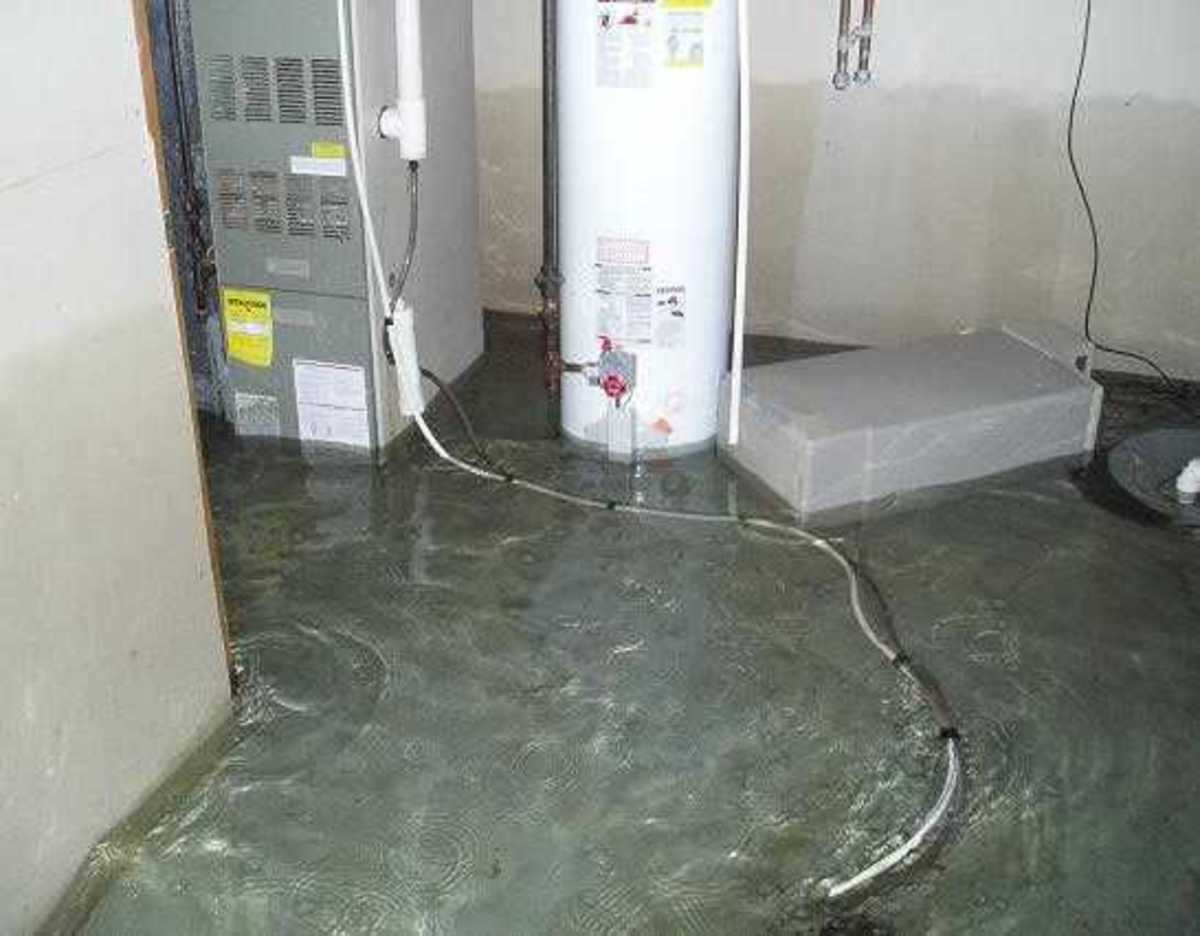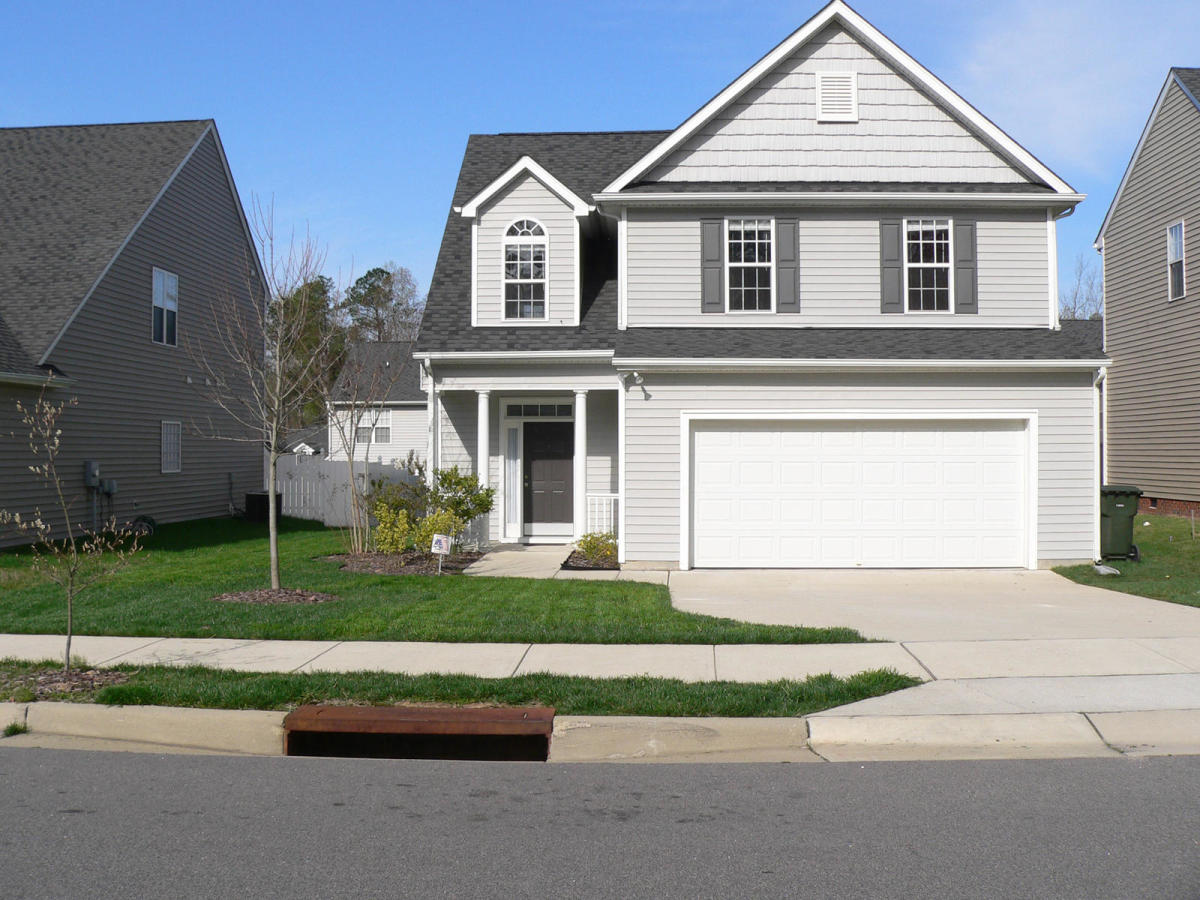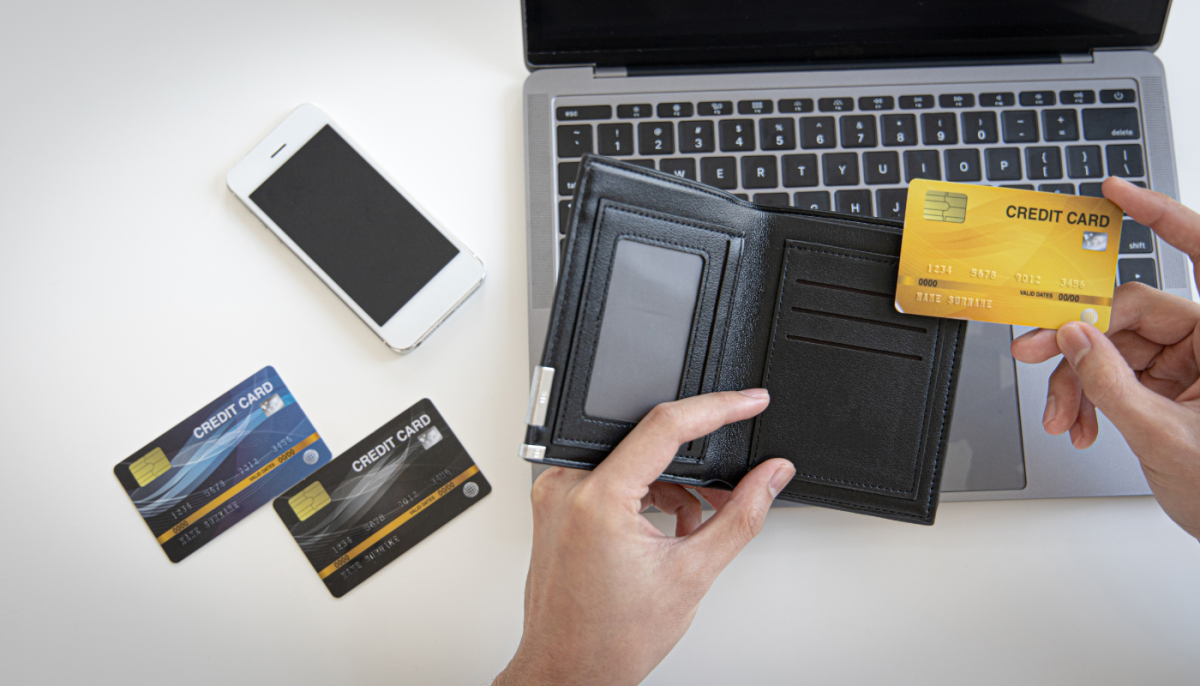How to get your deposit back from a difficult landlord?
Most people have experience of renting home before they climb to the first rung of the property ladder. I had dealt with nearly ten landloads before we bought our first home recently and felt that getting deposit back is always a headache when my tenancy ends. Here, I would like to share my experience of what to do when your landloard try to withhold part or all of your deposit without an acceptable reason.
Although my experience was all in U.K. I hope that it could be useful for people in other country.
1. Have a written tenancy agreement. If your landlord doesn't provide one, prepare one yourself and get him/her sign it. It should clearly state on the agreement the amount of deposit and rent. Usually the amount of deposit is same as one month rent, try to make your landlord agree that you can terminate the tenancy by giving him one month notice, and the deposit will be kept as the last month's rent so that by giving one month notice you don't have to pay the last month's rent. This would save lots of trouble later if he agrees. Remember put it in writing if the landload agrees this term. If the landlord don't agree this and insist you to pay the last month's rent. You need state on the agreement that the deposit should be returned to the tenant when the tenancy ends.
2. Have an inventory when you moved into the property. The inventory lists any item of furniture or equipment the landlord has provided with the accommodation. If you didn't get an inventory at the start of your tenancy it can be difficult to prove that the landlord is keeping your deposit unfairly. If you spotted any damage on the furniture or equipment he provides, make a note on the inventory and get the landlord sign it.
3. Keep the rent book if you have one. Write the amount of payment, the date of payment, and get your landlord to sign on the rent book every time you pay the rent. Alternatively, keep receipts for all rent payments.
4. Keep receipts of all the utility bills e.g. water, electicity, gas, council tax. Sometimes landlords refuse to refund your money until they get proof that you have paid all the bills.
5. 14 days after you paid the deposit, ask your landlord if he has protected your deposit using a tenancy deposit scheme. If not, ask him to do so by writing. Again, date the letter and the receipt for recorded mail.
In England, from 6 April 2007, when you pay a tenancy deposit for an assured shorthold tenancy, the landlord or letting agent must protect your deposit through a Government-backed tenancy deposit scheme. After you've paid your deposit, the landlord must then protect your deposit using a tenancy deposit scheme. There are two types of scheme available: custodial scheme (the landlord pays the deposit to the scheme, which will keep it until the end of your tenancy) or insurance scheme (where the landlord or agent keeps the deposit but pays insurance premiums to the scheme. This means that the deposit is insured if there is any dispute, and the scheme will repay the tenant the agreed amount directly).
It is up to your landlord to decide what scheme to use. They must then provide certain information to you within 14 days of the day when you paid your deposit. If your landlord isn't protecting your deposit? You can apply to your local county court. The court can order the landlord or agent to either repay the deposit to you or protect it in a scheme. If your landlord or agent has not protected your deposit, they will be ordered to repay three times the amount of the deposit to you.
My last tenancy was like this. It was after April 2007. The landlord didn't protect the deposit and tried to keep all my deposit at the end of the tenancy. Once I threaten to take him into court, he agreed to return it to us.
6. Give a written notice one month before your removal date (if your agreement requires one month notice). You can also give him a ring to tell the notice, but do post a notice letter by recorded mail and keep a copy of the letter (dated) and the receipt of the recorded mail.
7. Before you leave the accommodation arrange for the landlord to inspect the property. Your landlord can check the contents of the accommodation against the inventory. It is strongly sugguested that you do a general cleaning to make the condition of the property acceptable, so that the landlord cannot find an excuse to keep part of your deposit for cleaning cost. If there is no damage and your rent is up to date your landlord should give you back your deposit. It's better to ask for cash or cheque rather than let him pay you later by bank transfer. Remember, money in your pocket is your money. You never know whether he might change his mind later to withhold your money even if he promised you to return it.
8. If you rented through a letting agent they may hold your deposit. If they refuse to return your deposit, or the company stops trading and disappears with your money, you should contact your landlord. Your landlord is responsible for returning your deposit even if you originally paid it to an agency.
9. Your landlord cannot keep your deposit because of general 'wear and tear' to the condition of the property. For example, if the carpet gets a bit worn out, it's probably wear and tear, but if you burn a hole in it, it's not. The amount of wear and tear it is normal to expect depends on the condition of the property when you moved in, and the length of time you lived there. If you think you may have problems take photos of the damage and get your landlord to sign at the back of the photo or getting a witness as early as possible in your tenancy.
10. Write to your landlord. If your landlord refuses to give you back your deposit, write and ask for it to be returned to you. Your letter should ask why your deposit is being kept and what costs are being taken out of your deposit. Give your landlord a deadline to reply (such as within one week). Keep a copy of the letter and post it by recorded mail (and also keep the receipt of the recorded mail) in case you need to refer to it later.
Your landlord may reply with a list of the deductions from your deposit rather than returning it. Look at these and see whether you agree with them. If you don't agree with some or all of the costs you will need to write again. If your landlord doesn't respond to your letter at all, write again once the deadline has passed.
Your second letter should say which costs you think are unreasonable and the reasons why you think the costs are unreasonable, and the amount of money you think should be returned to you. Give your landlord a deadline for a second reply. State that you will take him to small claims court if you don't get your deposit back by this date.
11. Taking your landlord to court. This is the last resort you can do to get your deposit back. I never went this far. Once you follow the above suggestions, it's unlikely that your landlord would make you go to this step unless he has a very strong nerve.
Now, if you don't get a reply or he still won't give you the money, you can take him to the small claims court. The court can order your landlord to give you back your deposit. You may not even have to go to a court hearing if your landlord pays before the hearing takes place. Taking court action to get your deposit back is quite straightforward.
The small claims court deals with disputes about deposits. The court procedure is meant to be simple enough for people to use without having a solicitor. You have to pay a certain amount of money to the court to start your claim. You will be able to claim this back from your landlord if you win. If you don't win you will lose the court fee.









